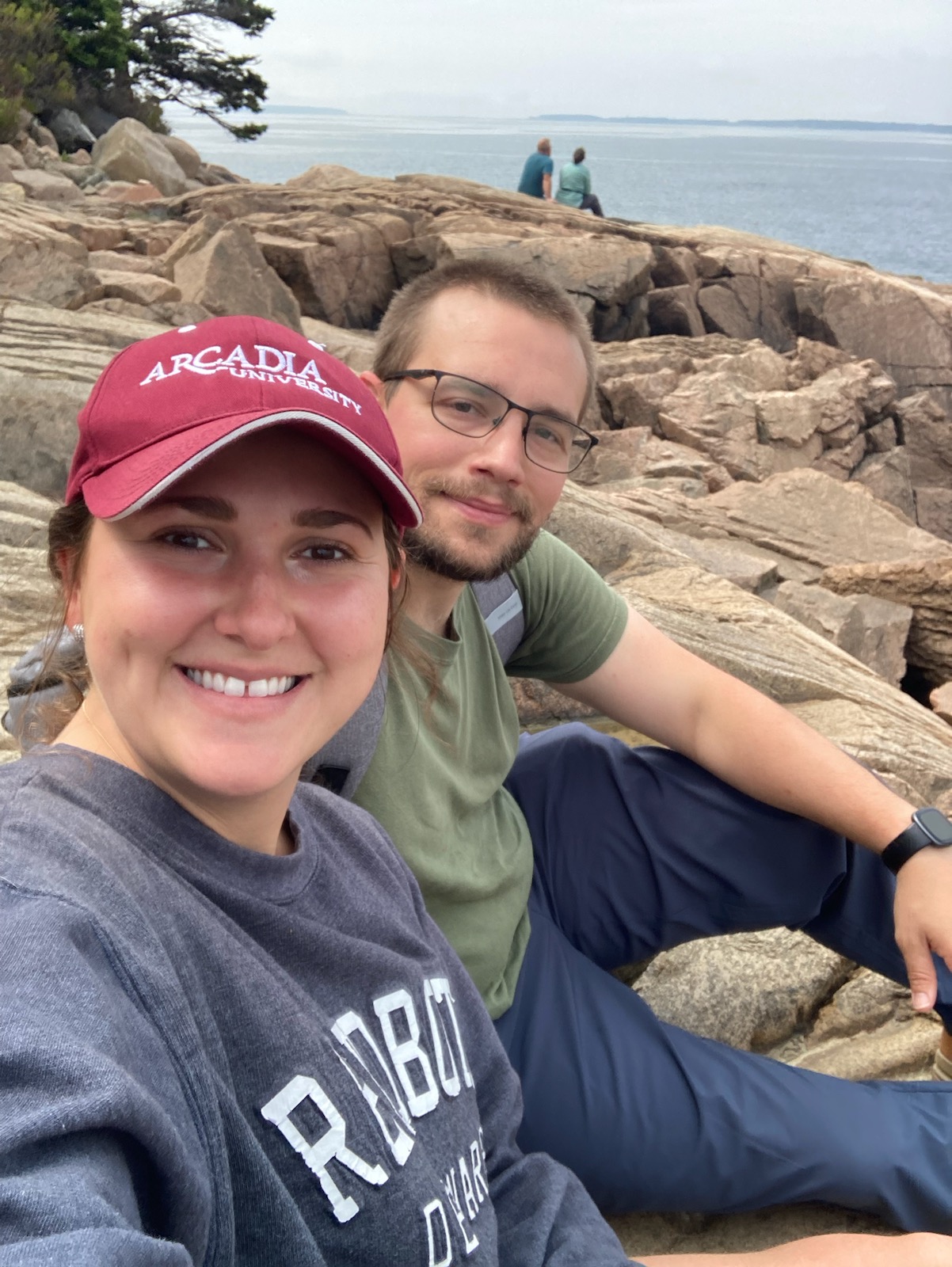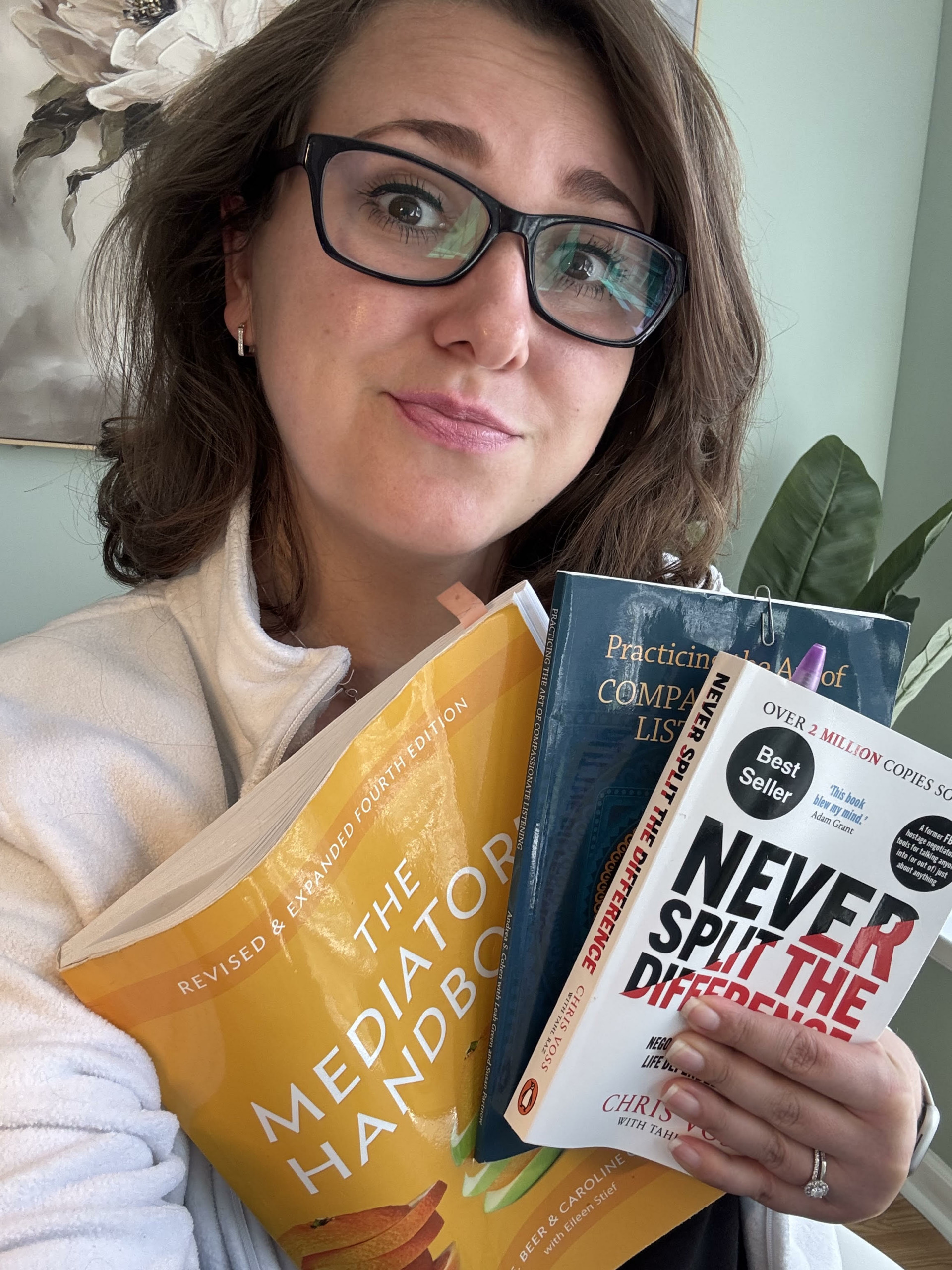We’re excited to introduce you to the always interesting and insightful Petra Ji. We hope you’ll enjoy our conversation with Petra below.
Hi Petra , thanks for joining us today. Parents can play a significant role in affecting how our lives and careers turn out – and so we think it’s important to look back and have conversations about what our parents did that affected us positive (or negatively) so that we can learn from the billions of experiences in each generation. What’s something you feel your parents did right that impacted you positively.
My mom and my dad (step-father) taught me the importance of working hard, never giving up, and always striving for more.
My mom was my biggest cheerleader and my toughest critic. She would never let me get away with a mistake, regardless of its size. I appreciated her approach because I always received honest feedback.
My dad instilled in me the value of hard work. I witnessed him work three jobs to support us and provide for our family. I never received anything in full; I started at community college on my own. My parents offered to help with tuition and books only after I proved my dedication by paying for my first year myself.
I have always had a desire for independence and a longing for autonomy while helping people communicate and empowering them to build healthier personal and professional relationships.
This is why I started Olive Branch Services, LLC. I wanted autonomy over my decisions and to be fully responsible for my career, all while helping others thrive. Those lessons are invaluable and cannot be unlearned.

As always, we appreciate you sharing your insights and we’ve got a few more questions for you, but before we get to all of that can you take a minute to introduce yourself and give our readers some of your back background and context?
I’m originally from the Czech Republic—now known as Czechia—and moved to the U.S. when I was 13 years old. My upbringing had a profound impact on me, but I quickly realized that the way my family communicated during conflicts didn’t always foster understanding or growth. This awareness led me to explore how people relate to one another. Initially, I considered pursuing therapy or law, but I ultimately gravitated toward conflict resolution.
I earned both my undergraduate and master’s degrees from Arcadia University, specializing in International Peace and Conflict Resolution. During my studies, I focused on workshop facilitation, earned my mediation certification, and collaborated with Amnesty International, which broadened my perspective on both global and interpersonal conflict.
After graduating, I returned to the corporate world and quickly noticed a gap in workplace training; many programs lacked a human-centered approach. As a corporate trainer, I began introducing role-plays and more emotionally attuned feedback methods, helping teams connect better, understand one another, and communicate more effectively.
For the past four years, I have worked as a freelancer, facilitating monthly workshops that emphasize trauma-informed communication, conflict resolution, and the practical application of these skills in both personal and professional settings. These experiences inspired me to create Olive Branch Services, a business dedicated to helping individuals and organizations improve their communication, collaboration, and emotional regulation skills.
What sets Olive Branch Services apart is our focus on practical, compassionate tools that address the underlying human dynamics of conflict. We offer tailored one-on-one coaching, interactive workshops, and team-building sessions designed to help clients reduce misunderstandings, prevent burnout, and build trust.
A core principle I teach is that conflict does not exist in a vacuum. When we experience interpersonal conflict at home, approximately 60% of us carry that stress into the workplace—and vice versa. This is why I believe conflict resolution is not merely a professional skill but also a vital life skill. Through my work, I help people move beyond assumptions, learn to self-regulate, and engage in honest, empowering conversations.
If you’d like to connect or learn more, you can find me on LinkedIn (https://www.linkedin.com/in/conflict-resolution/) or visit olivebranchsservices.com.
Can you share a story from your journey that illustrates your resilience?
Resilience, for me, means continuing to move forward regardless of the challenges life presents. Reflecting on my journey, I realize that my strength comes from leading with kindness and empathy, even in difficult times.
I am deeply grateful for every experience I’ve had, both in childhood and adulthood, because they have shaped who I am today. I have faced abandonment, grief, rejection, and other painful moments. While these experiences were incredibly difficult, they taught me how to remain grounded in compassion.
Instead of making assumptions, I choose to ask questions to understand the “why” behind people’s actions. This curiosity, combined with my commitment to staying open-hearted, has allowed me to grow through challenges rather than being defined by them. While I wouldn’t wish those hard moments on anyone, I honor them because they have contributed to my development into the resilient and reflective person I am today.

We’d love to hear the story of how you built up your social media audience?
I’ve primarily been building my business presence on LinkedIn, and I’m currently exploring Instagram as well. I chose LinkedIn because of its untapped potential; it has millions of users, but only about 1% actively post content. This means there’s a huge opportunity to increase visibility and connect with warm leads.
To approach this strategically, I invested in a LinkedIn coach and partnered with an accountability buddy. Growing your online presence takes real time and commitment; it’s not just about showing up occasionally. The first step is to clarify who your ideal client is. Are you targeting C-suite executives, fellow coaches, or team leaders? Once that’s clear, it’s important to consistently grow your network with the right people and remain active by sharing valuable, relevant content.
One of the biggest lessons I’ve learned is that success on LinkedIn goes far beyond just posting. If posting alone were enough, I would already be winning the algorithm game! In reality, engagement is crucial. This means sending connection requests, thoughtfully following up, asking insightful questions, commenting on others’ content, and genuinely remaining curious about what people need. Building real relationships is at the heart of it all.
Another surprising aspect for me? Selfies. I never thought I’d be posting so many, but they really do increase reach and connection. People want to see the person behind the brand. They desire educational content and professional insights, but they also appreciate real, human moments. Whether it’s a story about your work, something personal like your lunch choices, or a behind-the-scenes look at your day, these moments create a connection.
LinkedIn isn’t what it used to be; it’s much more dynamic now. To succeed, you have to show up consistently, keep experimenting, remain authentic, and be committed for the long haul. At this point, managing LinkedIn feels like a job in itself—but it’s certainly worth the effort.
Contact Info:
- Website: https://www.olivebranchsservices.com
- Linkedin: https://www.linkedin.com/in/conflict-resolution/
- Other: https://calendly.com/conflict-resolution

Image Credits
Insta Headshots (for the photo in the white blouse)


